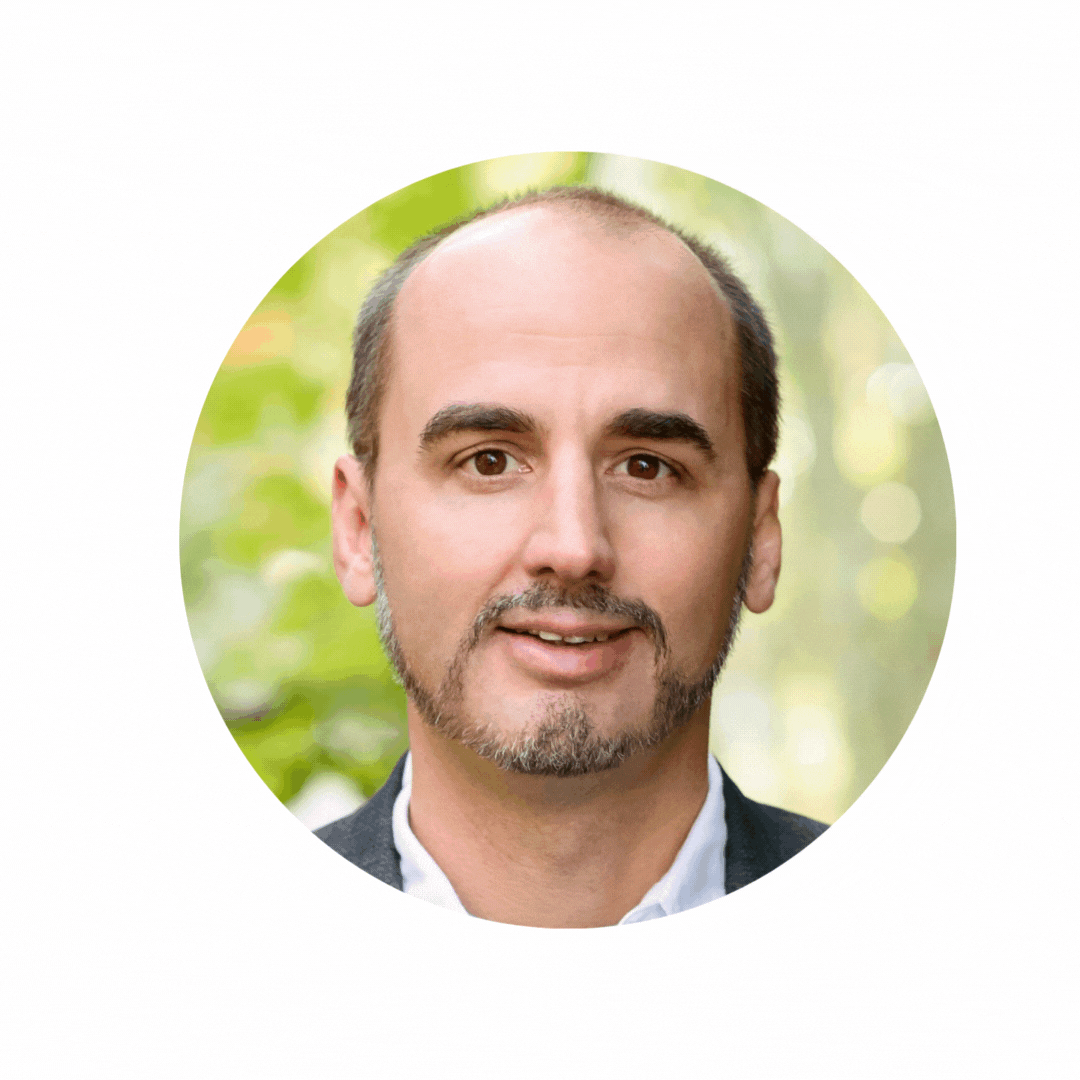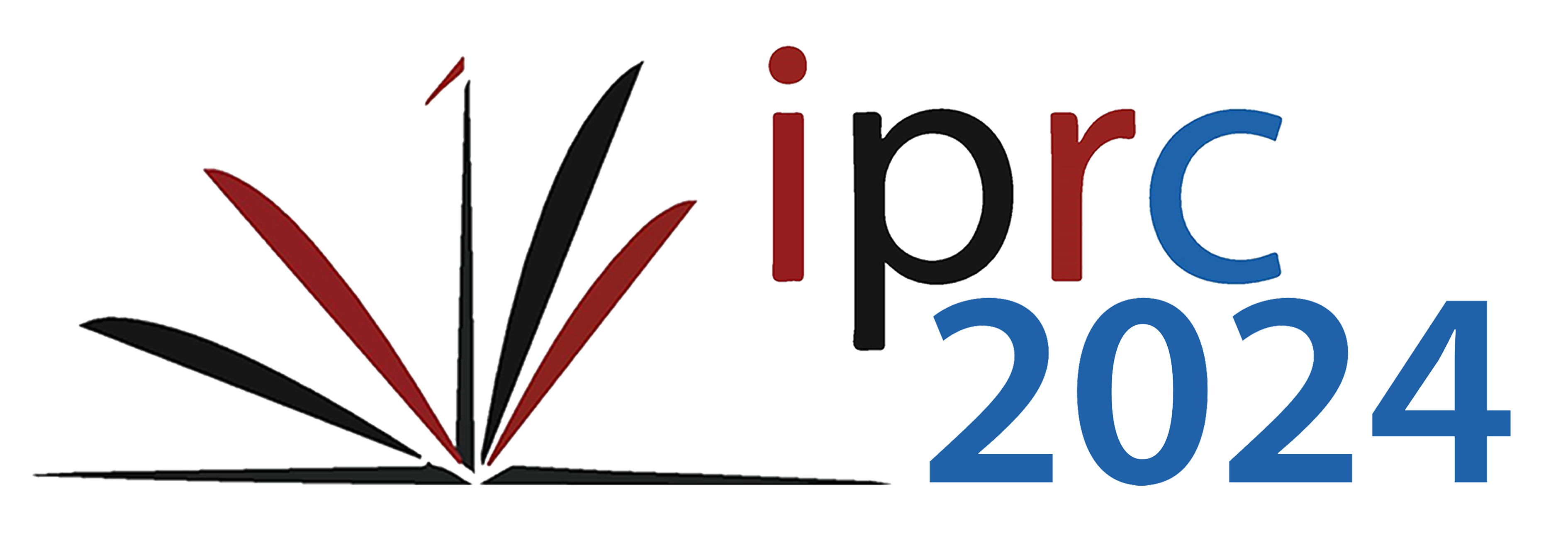Prof. Markus Müschen
Arthur H. and Isabel Bunker Professor of Medicine (Hematology) and Professor of Immunobiology

Markus Müschen, MD-PhD, is the Director of the Center of Molecular and Cellular Oncology, Arthur H. and Isabel Bunker Professor of Hematology, and Professor of Immunobiology at Yale University. He also serves as Chief of the Division of Basic Science of Yale Cancer Center. His research program focuses on signal transduction mechanisms in lymphoid malignancies and how these pathways can be intercepted for the treatment of drug-resistant leukemia and lymphoma. His laboratory established new conceptual frameworks for the understanding of B-cell signaling and energy metabolism and how these mechanisms are altered in lymphoid malignancies.
Markus Müschen studied medicine at the Heinrich-Heine-Universität Düsseldorf, Germany, Université de Nantes, France and the Institut Pasteur, Paris, France. After his clinical training in hematology-oncology with Volker Diehl at the University of Cologne, he completed postdoctoral fellowships in immunology with Klaus Rajewsky and Ralf Küppers and in leukemia genetics with Janet D. Rowley at the University of Chicago.
Before coming to Yale, Markus Müschen’s laboratory was at the University of California San Francisco (UCSF, 2010-2017) where he served as Program Leader of the Hematological Malignancies Program at the UCSF Comprehensive Cancer Center. Markus Müschen is currently a Howard Hughes Medical Institute (HHMI) Faculty Scholar, an elected member of the American Society of Clinical Investigation, the Connecticut Academy of Science and the Scientific Advisory Board of the Lymphoma Research Foundation. His research has been supported by an NCI Outstanding Investigator Award (R35) since 2016. As Director of the Center of Molecular and Cellular Oncology at Yale, he serves as mentor for nine junior faculty.
Abstract
Abstract Title : Targeted oncogene hyperactivation as novel strategy in cancer medicine
Targeted therapy in cancer is focuses on drugs, mostly small molecule kinase inhibitors, that suppress signaling of key driver oncogenes. While traditional kinase inhibitor-based approaches achieve remission in most cases, cancers that are treated with targeted oncogene inhibitors alone almost invariably relapse. Over the past five years, our laboratory developed the approach of targeted hyperactivation of oncogenes as a new principle for the retreat of refractory cancers. Our approach based on oncogene-hyperactivation effectively represents the opposite of established targeted therapies using signaling inhibitors. Using B-cell malignancies (leukemia and lymphoma) as an example, I introduce the overarching concept that feedback regulators that stabilize oncogenic signaling to avoid toxic hyperactivation represent a novel class of therapeutic targets and a powerful mechanism to eliminate malignant cells.
While our approach of targeted hyperactivation of oncogenic signaling represents the opposite of targeted therapies based on kinase inhibition, the anti-CD20 antibody rituximab represents an important precedent demonstrating feasibility and efficacy of our approach. B-cell malignancies are currently treated according to the same paradigm of targeted therapy based on kinase-inhibition as any solid cancer type. Contrary to this tenet, we pursue here a new concept based on sequential treatment regimens that alternate between kinase-inhibitors and oncogene-superagonists to engage negative selection of malignant cells. By sequentially applying selective pressures in opposite directions, our approach will subvert clonal evolution and selection for drug-resistant mutants.
